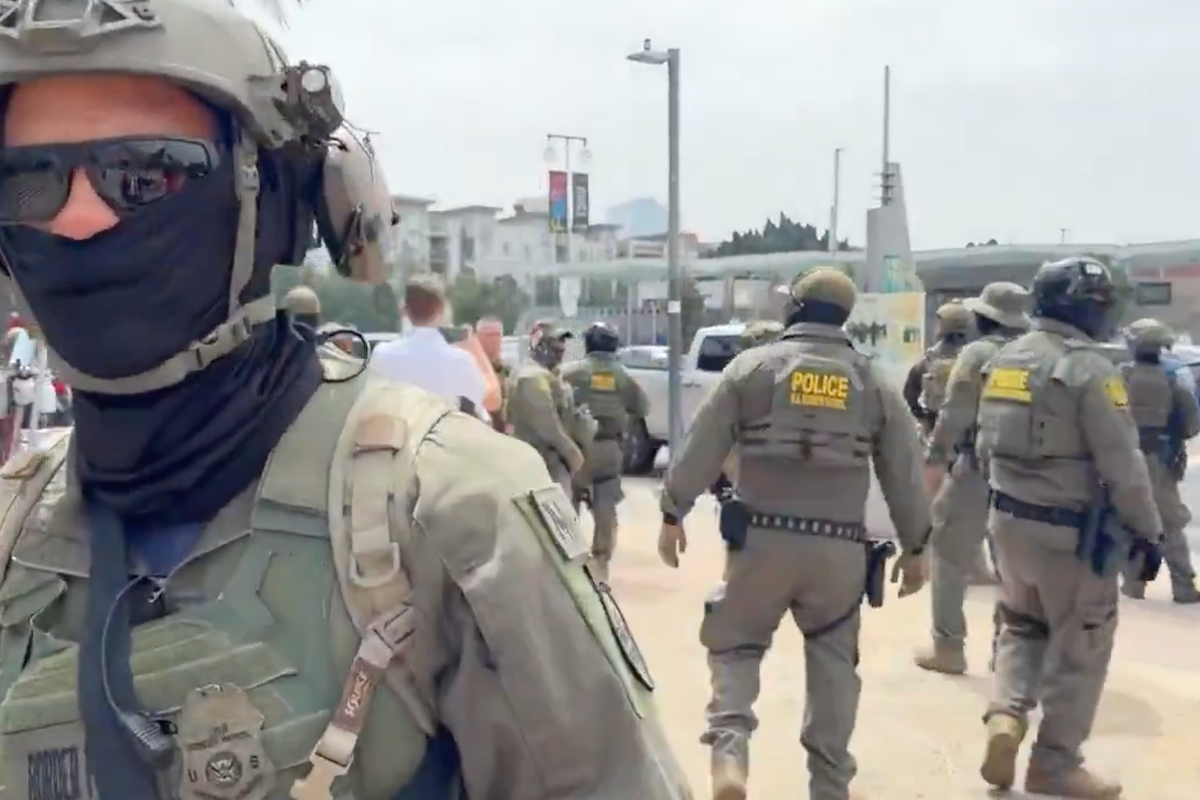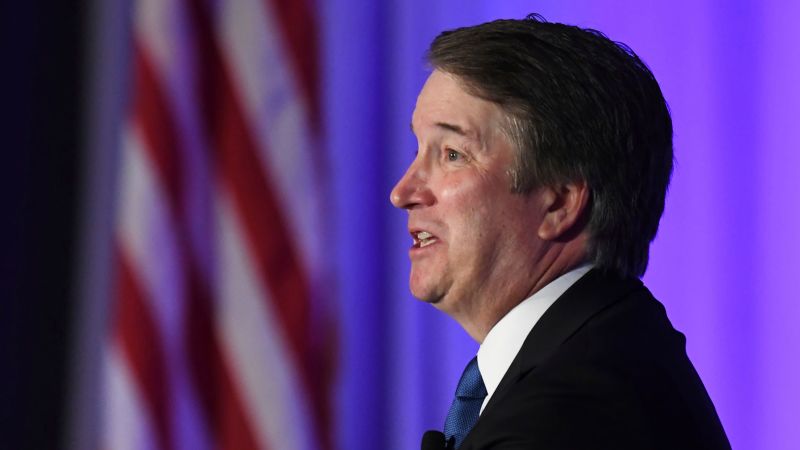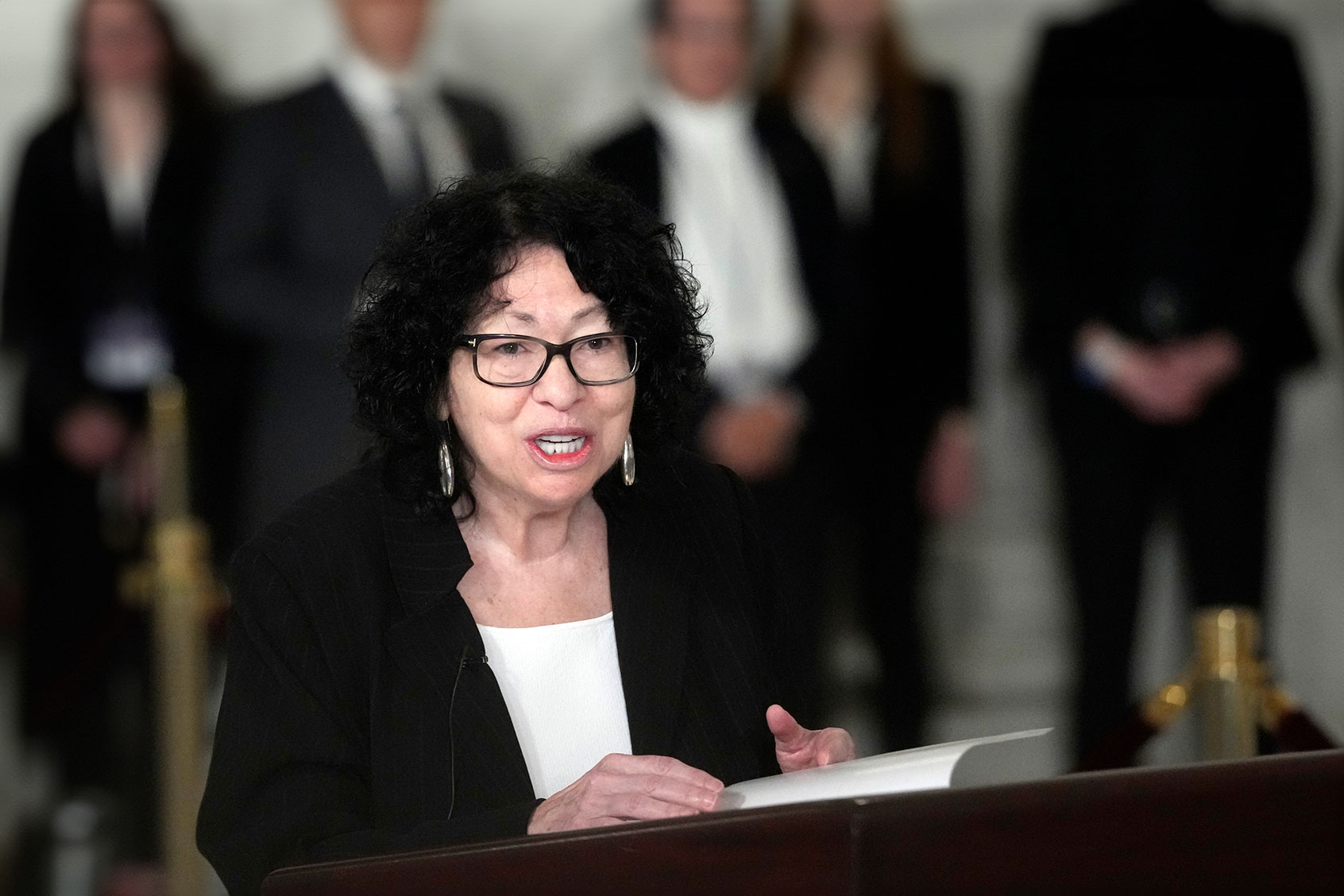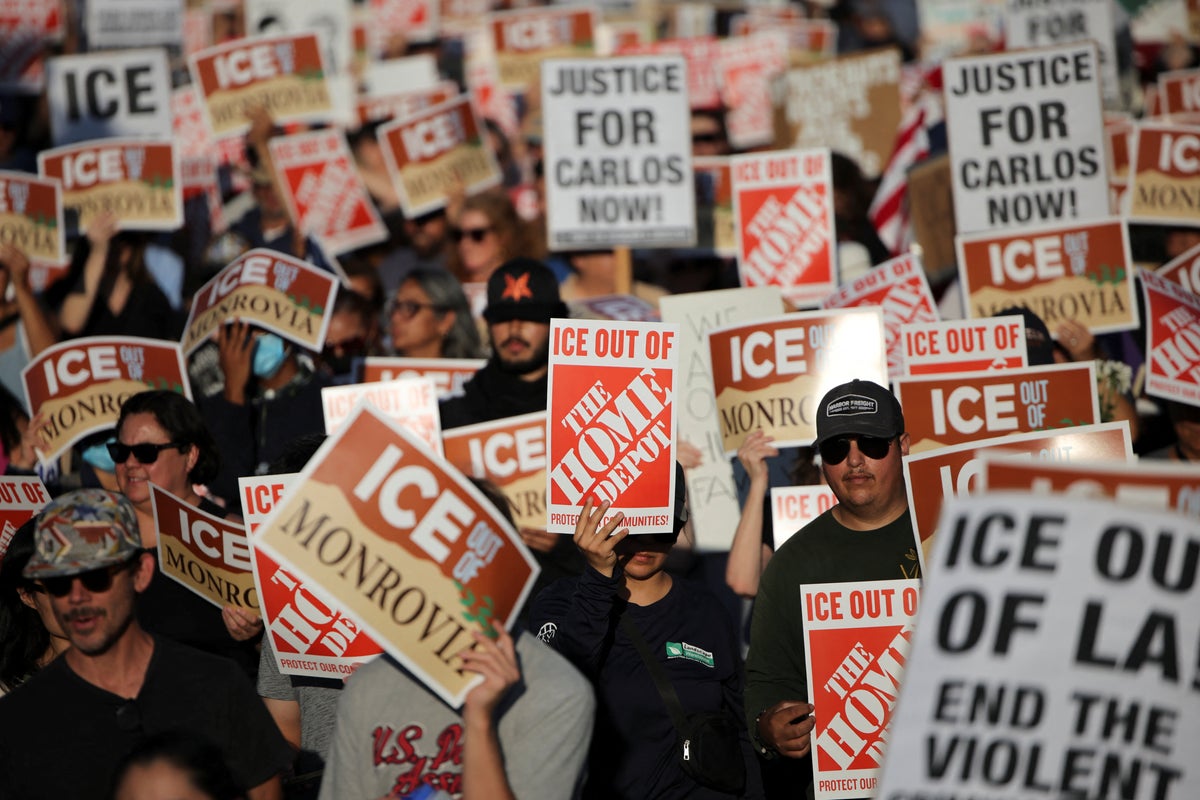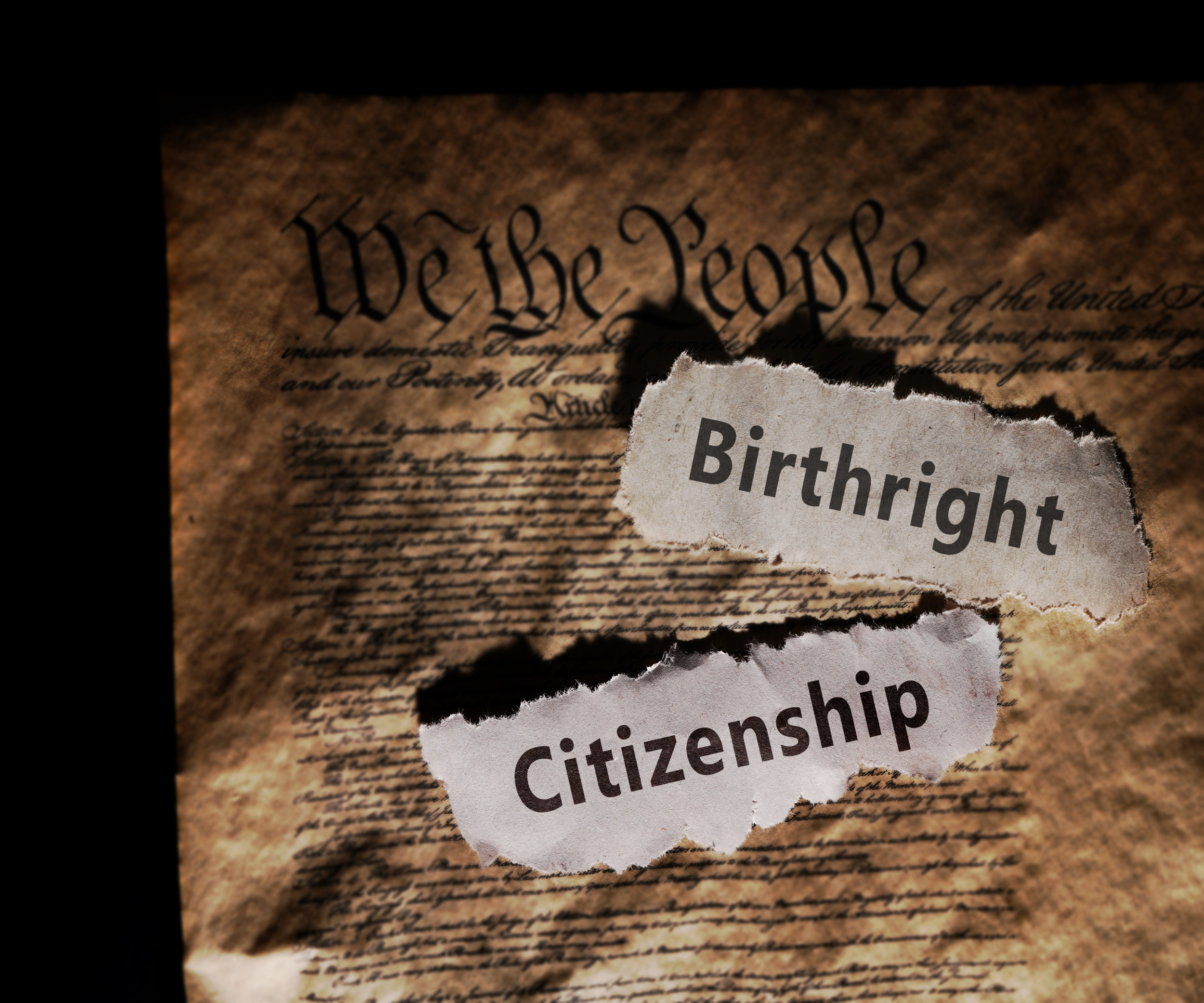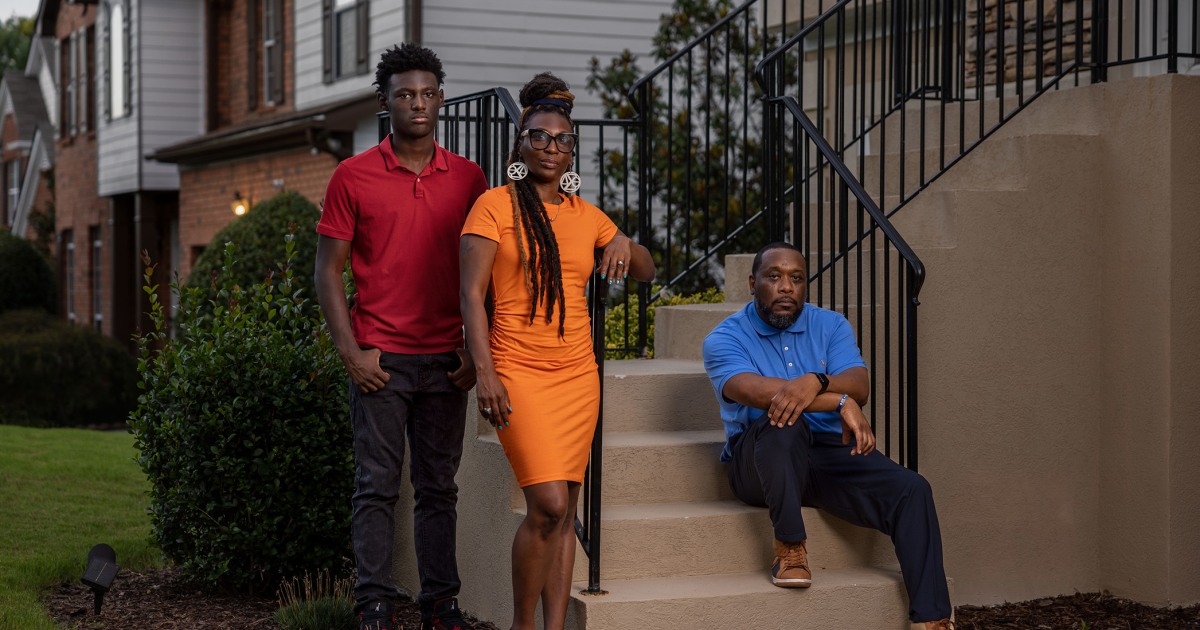Strawberry delivery driver released on bond after abrupt arrest as agents patrolled governor’s event
Angel Rodrigo Minguela Palacios was unloading boxes of strawberries during his final delivery in Los Angeles when a band of masked Border Patrol agents surrounded him and asked for his identification.
Minguela had unwittingly entered a political minefield on August 14 outside the Japanese American National Museum in Little Tokyo, where California Governor Gavin Newsom was addressing a crowd about his plans to fight back against a Republican-led gerrymandering campaign to maintain control of Congress.
Federal agents deployed by Donald Trump’s administration were patrolling the street directly in front of the building.
The timing of the spectacle drew immediate scrutiny and backlash, with the governor speaking out in the middle of his remarks to condemn what was happening just outside the event. “You think it’s coincidental?” he said.
Minguela, 48, was released from Immigration and Customs Enforcement custody last week after nearly two months inside a facility he described as a “prison” with lights on at all hours of the day, no beds and only a concrete floor to sleep on.
Detainees received little food, and the conditions were so bleak that some of the men inside volunteered to self-deport rather, he told CBS News.
“Those days were the hardest,” Minguela told The Los Angeles Times. “My first day there on the floor, I cried. It doesn’t matter that you’re men, it doesn’t matter your age. There, men cried.”
Minguela, who is undocumented, has lived in the United States for more than a decade after entering the country from Mexico on a tourist visa. He overstayed his visa after fleeing violence in the Mexican state of Coahuila, where he had been kidnapped twice and stabbed by people trying to steal money from ATMs he was servicing, according to The Times.
He does not have a criminal record.
Minguela was released on bond and is equipped with an ankle monitor as an immigration judge determines next steps in his case.
A spokesperson for Homeland Security said he “was arrested for breaking our country’s laws by overstaying his visa” but remains unclear why he was targeted for arrest.
Minguela had overstayed a tourist visa after fleeing the Mexican state of Coahuila in 2015 because of violence he faced there, his partner said. She said he had worked servicing ATMs there, was kidnapped twice and at one point was stabbed by people intent on stealing the money. After his employers cut staff, she said, he lost his job, helping drive his decision to leave.
On August 14, Minguela left his partner and three children — ages 15, 12 and six — while they were still asleep as he prepared for his daily delivery route at 2 a.m. He had worked for the same produce delivery company for eight years and never missed a day.
Minguela was unloading several boxes of strawberries and a box of apples when he noticed a group of masked Border Patrol agents roaming the area surrounding Newsom’s event.
Video from the scene shows the agents passing his van then doubling back and looking inside to find Minguela. He presented a red “know your rights” card from his wallet and handed it to an agent.
“This is of no use to me,” he said, according to The Times. Agents then asked him his name, nationality and immigration paperwork before leading him away in handcuffs.
“Immigration has already caught me,” Minguela wrote in text messages to his partner. “Don’t worry. God will help us a lot.”
U.S. Border Patrol El Centro Sector Chief Gregory Bovino was observing the arrest. He turned to the officers and shouted out “well done” moments before speaking with reporters who were filming the scene.
“We’re here making Los Angeles a safer place since we don’t have politicians that will do that,” Border Patrol El Centro Sector Chief Gregory Bovino told FOX 11. “We do that ourselves, so that’s why we’re here today.”
Asked whether he had a message for Newsom, who was speaking roughly 100 feet away, Bovino said he wasn’t aware where the governor was.
“I think it’s pretty sick and pathetic,” Newsom said of the arrest.
“They chose the time, manner, and place to send their district director outside right when we’re about to have this press conference,” he said. “That’s everything you know about Donald Trump’s America … about the authoritarian tendencies of the president.”
Minguela believes he was targeted for his appearance.
Immigration raids throughout the Los Angeles area in June sparked massive protests demanding the Trump administration withdraw ICE and federal agents from patrolling immigrant communities.
In response, Trump federalized National Guard troops and sent in hundreds of Marines despite objections from Democratic city and state officials.
A federal judge determined the administration had illegally deployed the Guard as part of an apparent nationwide effort to create “a national police force with the president as its chief.”
The Supreme Court also recently overturned an injunction that blocked federal agents from carrying out sweeps in southern California after a judge determined they were indiscriminately targeting people based on race and whether they spoke Spanish, among other factors.
The court’s opinion drew a forceful rebuke from liberal Justice Sonia Sotomayor, the first Hispanic justice on the bench, who accused the conservative justices of ignoring the Fourth Amendment, which protects against unlawful searches and seizures
“We should not have to live in a country where the Government can seize anyone who looks Latino, speaks Spanish, and appears to work a low wage job,” she wrote in a dissenting opinion.
“The Fourth Amendment protects every individual’s constitutional right to be “free from arbitrary interference by law officers,’” she added. “After today, that may no longer be true for those who happen to look a certain way, speak a certain way, and appear to work a certain type of legitimate job that pays very little.”

